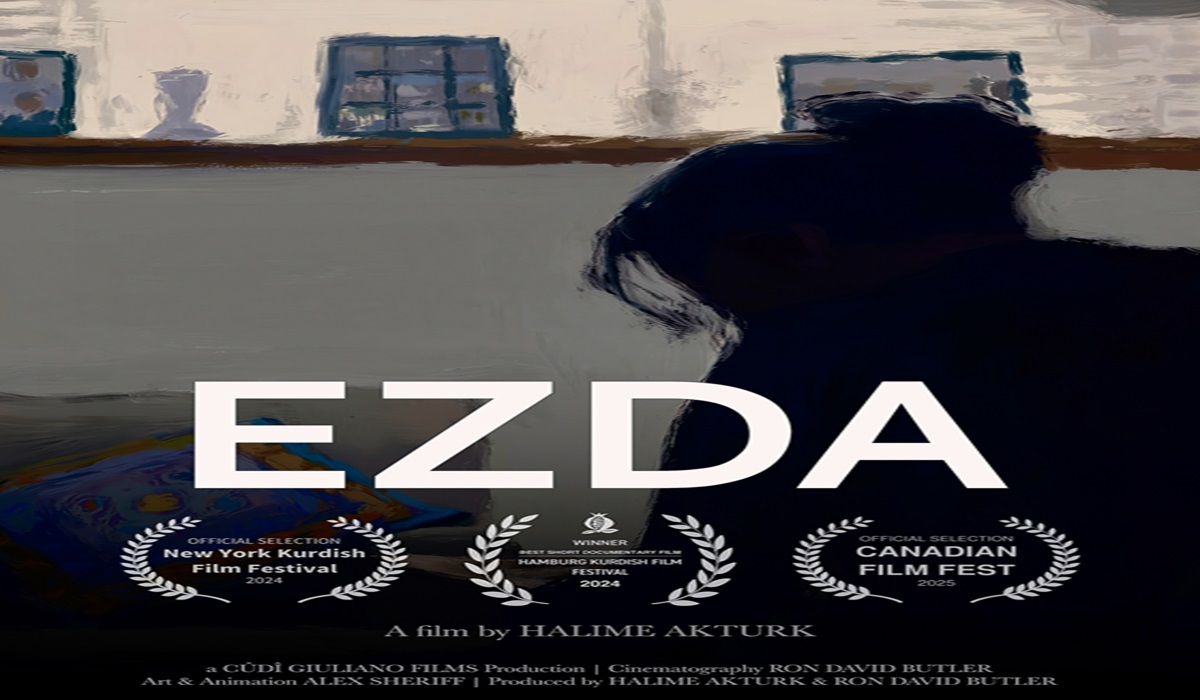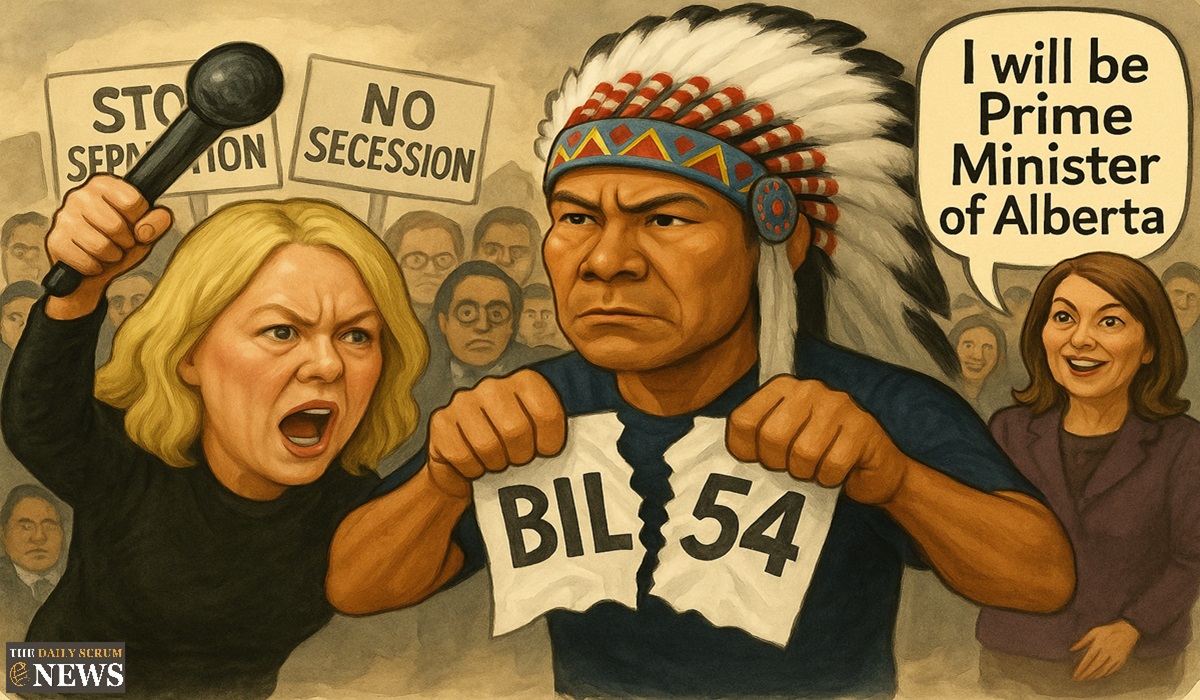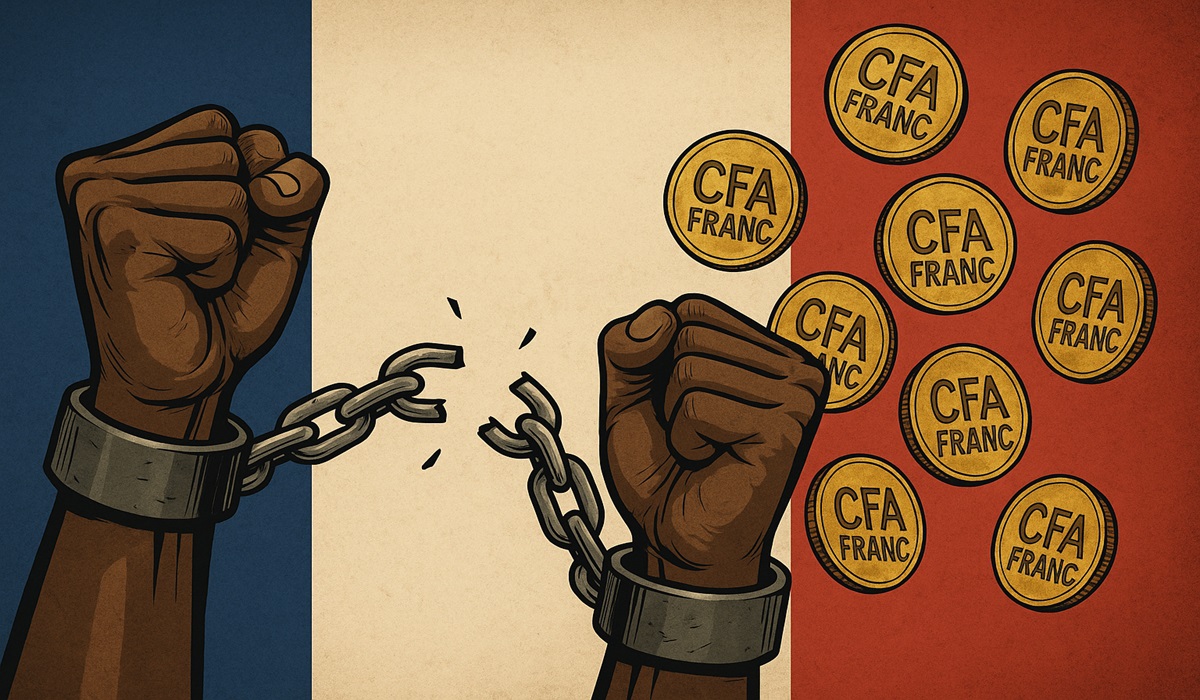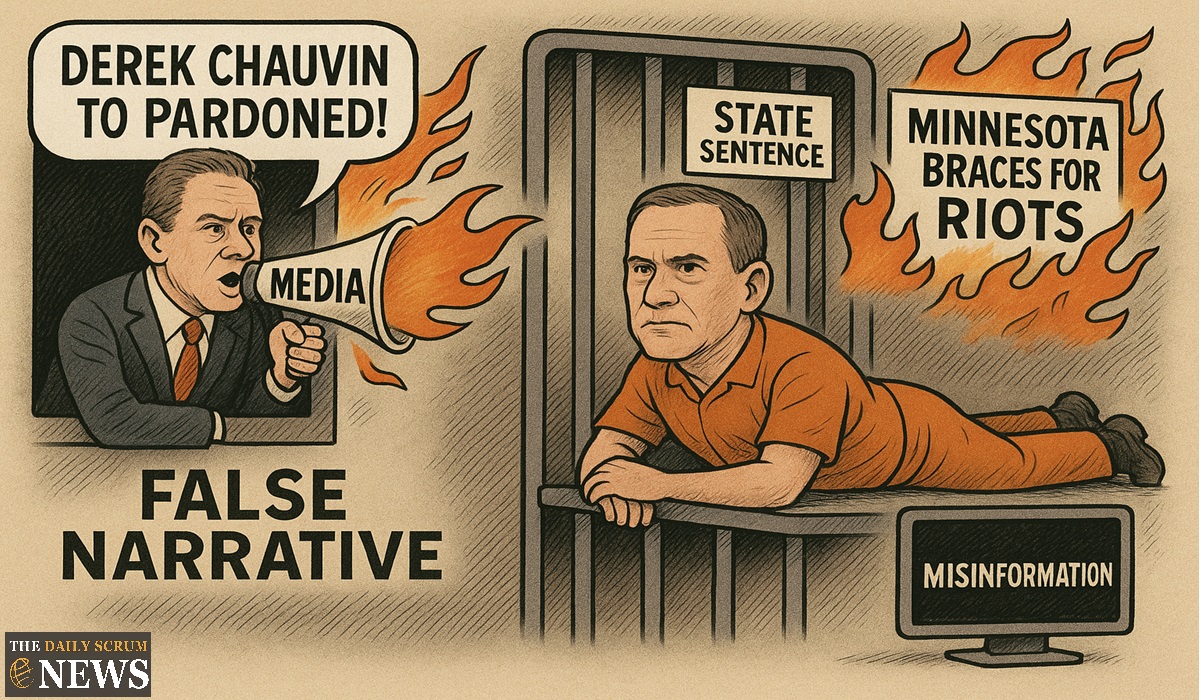Kurds Need Filmmakers Like Halime Aktürk
- Nick Kossovan
- D.O.C Supplements - Trending News
- Middle East
- April 23, 2025

“Despite our suffering, nobody cares about us. We have shared our stories, but even then, they have not done anything for us.” – Leyla Telo, a survivor of the Yazidi genocide.
Some films make you “realize.” Ezda, a short documentary film by emerging Kurdish-Canadian filmmaker Halime Aktürk, in which Ezda, a survivor of the Yazidi genocide carried out by ISIS between 2014 and 2017, opens up about her life while in captivity and her efforts to start a new life for herself and her children in Canada, is such a film.
Through Ezda, Halime does a brilliant job of bringing to life the central defining element of Kurdish cinema—presenting the hardships and traumas experienced by Kurds, being honest about what many Kurds are feeling and thinking without being overly guarded or curated.
Additionally impressive is how Ezda touches on the Kurdish geopolitical dichotomy, a topic hardly discussed in the West. You’d be hard-pressed to find someone outside of the Middle East who knows Kurds are the world’s largest ethnic group—thought to number between 36 million and 46 million—without a country. Kurds have no place to call “home.” As a result of persecution, they’ve been forced to settle, such as Ezda did, wherever they could, resulting in Kurds becoming a diasporan international community that stretches across the globe.
As a Yazidi, Ezda’s story has an additional geopolitical layer. There’s a long-running debate about Yazidi identity among Yazidi communities and scholars. Yazidis are generally considered a Kurdish-speaking, endogamous religious group indigenous to Kurdistan. Therefore, Yazidis are regarded as Kurds and, consequently, experience the same geopolitical circumstances as other Kurdish groups in Iraq.
As a result of my upbringing— a father having experienced the post-World War II geopolitical tensions that created the Cold War, which gradually morphed into détente, and the Western media encouraging an “us versus them” divide with the term “Eastern Europe”—I view the world through its many divides, West vs. East, Political Left vs. Political Right, He vs. Her, War Mongering vs. Peace Loving… you get the picture. I look for and, predictably, see the ongoing power struggles over individual and collective (read: governments) self-interests that keep the world in constant disharmony. Therefore, as I watched Ezda, the geopolitical divisiveness that forced Ezda to be part of the Kurdish global diaspora jumped out at me while also triggering a question—again, thanks to my upbringing—I’ve been thinking about for years.
The question: Why do Jews get the support they do to the point of to the point where, in 1948, they were given a homeland: Israel? (Stay with me.)
Whether you love or hate Jews, everyone knows who they are. Even in Asian countries where few Jews live, and many Asians have never met a Jew, Asians have, irrespective of whether good or bad, an opinion about Jews. As I mentioned, generally, people are unaware of Kurds, let alone Yazidis.
Now, most people will say Jews have “worked at” establishing contacts and influence throughout the Western world. Many will add that Jews are influential worldwide due to their significant contributions across various fields, notably science, technology, philosophy, literature, and social and political movements. My take: Jews have made it a point to spread (share) their history and stories everywhere, which can be argued started with the Dead Sea Scrolls and the Bible.
The power of storytelling manifests in its ability to connect, persuade, and teach. Well-told stories shape our worldview, foster empathy, and drive change by connecting us with each other and making abstract information accessible and memorable. In films, good storytelling makes the audience feel like they’re a part of the story and can leave a lasting impression long after the film is over, as Ezda did on me.
If for no other reason than global “awareness” and “being educated,” Kurdish stories must be told and circulated. As an example, The Exodus story, the central story in Jewish history and the basis of Jewish identity, as depicted in the Hebrew Bible, depicts the Israelites’ liberation from slavery in Egypt under Moses, culminating in the delivery of the Ten Commandments on Mount Sina, is well-known. On the other hand, how many people know of, even heard of, Mem û Zinm by Ehmedê Xanî, a Kurdish classic love story written in 1692 that shares the same theme as Romeo and Juliet, a story that’s universally familiar and is considered a masterpiece of Kurdish literature?
At the risk of appearing to be “assigning responsibility,” Kurdish filmmakers—Bahman Ghobadi, Bina Qeredaxi, Huner Saleem—his 2013 film My Sweet Pepper Land is a must-see—Yesim Ustaoglu, Yilmaz Güney et al., and now Halime Aktürk—are fortunate, dare I say “privileged” to have a platform with which they can increase Western awareness regarding the ongoing Kurdish struggle to end their statelessness. However, Kurds must first overcome what I see as their biggest struggle; to get their voice heard and taken seriously, unencumbered by the Western media machine, which exists for the most part to serve the West’s self-interests. Without looking too Hollywood, Kurdish filmmakers must leverage film’s visual, audio, and storytelling advantages and make it their mission to promote Kurdish stories throughout the West.
I associate with many artists—okay, most are self-deprecating writers and musicians trying to get above all the noise—I often see how a person’s art reflects their character, as I did with Ezda. Halime embodies everything beautiful about the Kurdish spirit. She’s a soft-spoken feminist intellectual whose determination to tell the Kurdish story is truly admirable. While Ezda is Ezda’s story, it’s also a testament to Halime’s ability to bring the Kurdish struggle of persecution and statelessness to the world stage should she choose to.
Currently, Ezda is making the film festival rounds, having been screened at the Hamburg Kurdish Film Festival (Winner: Best Short Documentary), the Berlin Kurdish Film Festival, the New York Kurdish Film Festival, the Canadian Film Festival, the Chicago Kurdish Film Festival and on April 24th at the Düsseldorf Kurdish Film Festival.
The trailer for Ezda: https://www.youtube.com/watch?v=9ibuBP1Ur6o.
______________________________________________________________
Nick Kossovan, a self-described connoisseur of human psychology, writes about what’s on his mind. On Twitter and Instagram, follow @NKossovan.








